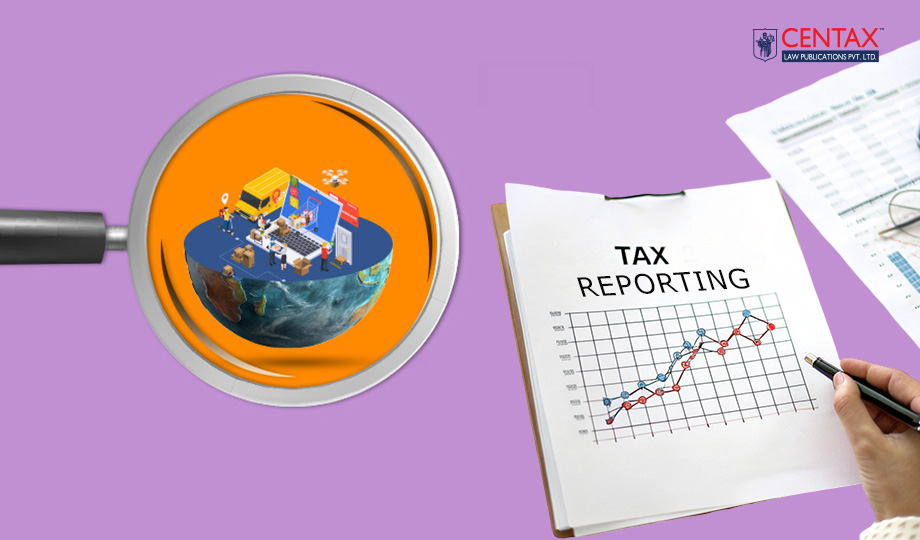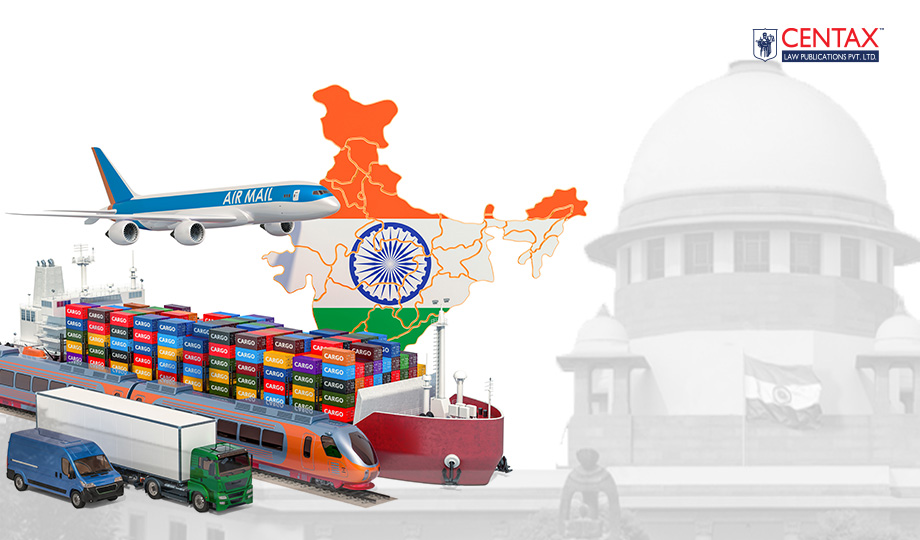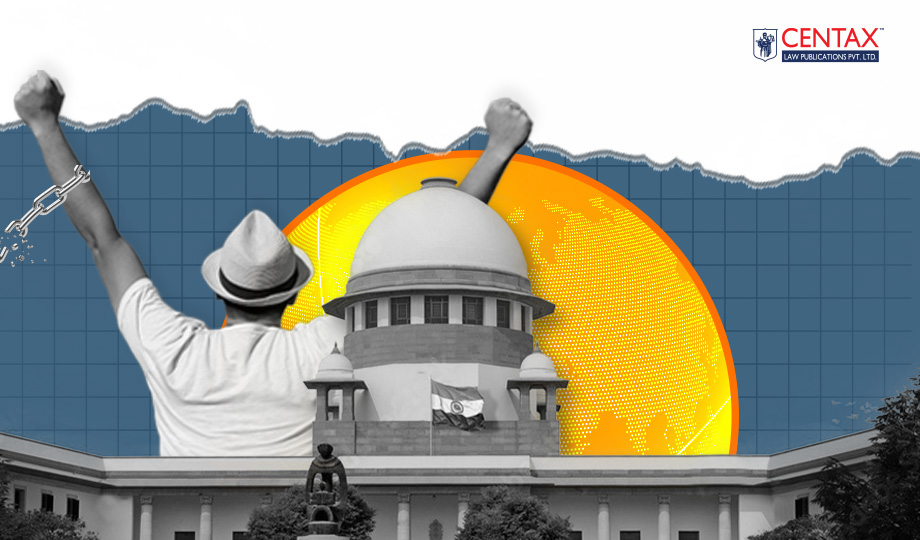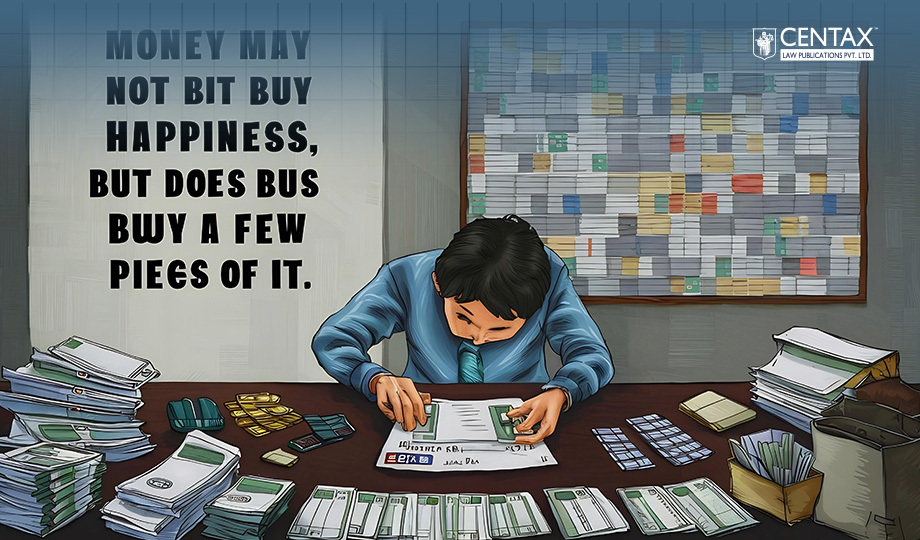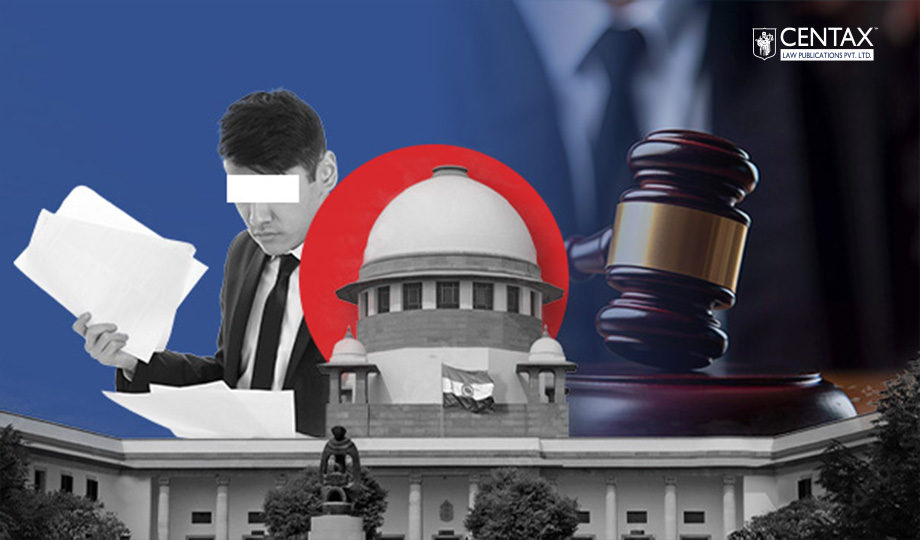
DT&T CIRCULAR NO. F.3(640)/GST/P&R/2025/348-55, Dated 13-06-2025
The Delhi Government has announced a major procedural reform under the Delhi Goods and Services Tax Act (DGST Act) by making it mandatory to conduct all personal hearings through virtual mode. This initiative is aligned with the government’s broader push toward faceless, transparent, and technology-driven governance.
1. Platforms and Communication Channels
All personal hearings will be conducted through video conferencing platforms, such as WEBEX or Google Meet. The details of the scheduled hearings — including date, time, and joining link — will be communicated in advance to the taxpayer or their authorised representative via their registered email address and/or mobile number.
2. Documentation and Participation Requirements
To participate in the virtual hearing, taxpayers or their representatives must submit the following documents in advance:
- Vakalatnama or Authorisation Letter
- Valid Photo Identification
- Contact Details (Email and Mobile Number)
These submissions are required to ensure proper identification, authentication, and smooth coordination during the hearing process.
3. Purpose and Expected Benefits
This move is intended to:
- Enhance transparency in adjudication and tax compliance
- Improve administrative efficiency and reduce physical footfall
- Support faceless assessment and dispute resolution
- Ensure convenience for taxpayers and officials alike
4. Guidelines and Operational Framework
The Delhi Government has also issued detailed guidelines governing the conduct of these virtual hearings. These include:
- Scheduling of Hearings – Advance notice and flexible slots to accommodate all parties
- Dress Code and Conduct – Professional appearance and decorum must be maintained
- Submission of Additional Documents – Allowed digitally either before or during the hearing
- Hearing Venue – Conducted by the designated authority from office premises; taxpayers may join remotely from any suitable location
5. Legal Validity and Exceptions
All virtual hearings conducted under this mechanism will be legally valid under both the GST legal framework and the Information Technology Act, 2000.
In-person hearings will be permitted only in exceptional circumstances, and only after receiving approval from the Zonal In-charge, thereby reinforcing the commitment to virtual-first administration.
6. Conclusion
This directive reflects a progressive shift in tax administration practices by embracing digital tools to ensure efficient, accessible, and legally robust tax proceedings. The move is expected to significantly reduce procedural delays and encourage wider adoption of virtual engagement in statutory matters.











